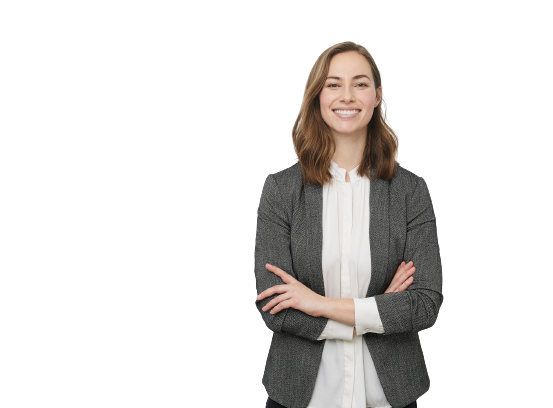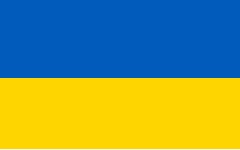
Museum Studies is the new faculty run by the Department of Humanities of the UKSW University. Its didactic offered courses in museum studies, collecting, art history, history, archeology, etnology, sociology, life science, technical science, as well as the rules of practical museology. Moreover, the Museum Studies Institut runs the new specialisation Collecting, Expertise and Art Market.
Museum Studies yay or nay?
Museum Studies, needless to say, offer in-depth knowledge of museums, which seems quite obvious. However, here is a bunch of facts which might change the well-established perception of the field of study.
For example, did you know that the main material proofs of the development of our civilisation is gathered in museums? Moreover, libraries and archives collect the written examples of human thought such as diaries, written laws, philosophical and scientific theories… The authenticity of such materials can only be confirmed by the original copies of the documents which are usually stored in museum archives. Without those collections many the well-known publications such as school books, would have been lacking pictures and their content could have been questioned. For those who read '1984′ by George Orwell or 'Fahrenheit 451′ by Ray Bradbury, the various visions of the future do not come as a surprise. As far as museums do exist, the possibility of manipulating the facts is highly improbable.
As it is commonly known, apart for the museums, there are also so-called private collections, which ironically speaking sooner or later become a part of the national heritage. The museum employee, however, does not only work to extend the existing collection, gaining new artefacts and pieces of art. The main role of any museum employee is to find the efficient way to use them. There are various ways of reach the goal, one of the most prolific one is to organise museum exhibitions, which are pleasing to the eye, inspiring, educating. An exhibition, just like a piece of art, might bring various emotions to the public ? from euphoria to pure boredom.
Above all else, museum studies do create future museologists, their qualifications, abilities to work with artefacts. Even though some of them are not of the highest value, their sentimental value is priceless. The ability to treat every single object properly, with the utmost care and attention is what signify the professional, fully-engaged museologist.
Being able to work with precious, fragile pieces of art takes the responsible museologist. Not only should they be careful but also possess in-depth knowledge of materials such as glass, wood, metal, paper etc., techniques and ways of preservation. Museum employees do have physical contact with historical objects on a daily basis, and only their professional attitude can guarantee the safety of the artefacts and preserving them for the generations to come. The prolific work in museums might solve many historic riddles, some of them are vividly described in the book 'Na tropach doktora Fausta i inne szkice’ by prof. Stanisław Waltoś.
Museums are officially obliged to share the knowledge they have gained in the process of research, hence conferences, lessons and public lectures. Exhibition catalogues, scientific papers and participation in conferences in the country and abroad are also of highest significance. The effects of such studies are scientific degrees ? doctor, habilitated doctor, professor.
How to deliver an interesting lesson for the youngest visitors of museums? How to write a proper scientific paper? How to prepare the state-of-the-art exhibition catalogue? How are museums organised? How do museums function? Museum studies bring answers to those questions and many, many more!
We can assure you that it is going to be a super intense and exciting time in your education path. You will discover the magnificent history of the greatest European museums and collections, find out how museums are organised. Together with our highly-qualified staff you will explore the secret magazines and museum collections and touch the most precious artefacts, only on display for other visitors. You will fully understand how it feels like to become a museologist in theory and practice by running lessons in museums and designing exhibitions. Most importantly, you will not be limited to curating art only, since nowadays museums offer an enormous selection of topics and artefacts!
Translated by Anna Wiśnicka






